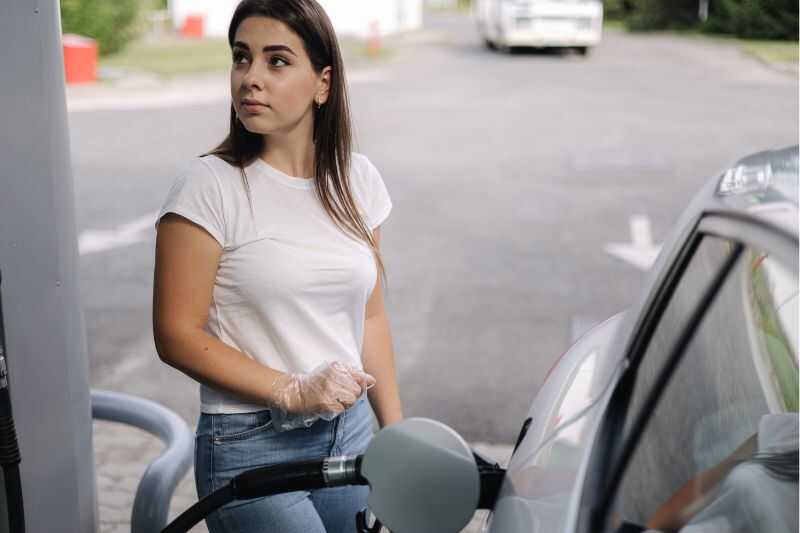Question
Increasing the price of petrol is the best way to solve growing traffic and pollution problems. To what extent do you agree or disagree? What other measures do you think might be effective?Model Answer
There is a growing awareness that vehicular pollution can cause serious health problems. As a result, governments are increasingly looking at ways to reduce the number of cars on the road. Raising the petrol prices is one way to achieve this, but I believe that congestion charges are a better option.
There are many car journeys that are practical without being essential. When deciding whether to make such journeys, people naturally consider the cost. Therefore, increasing the price of petrol would cause some people to abandon their trips. However, this is a very crude mechanism and has a number of disadvantages. Firstly, it would not discourage people from driving during rush hour, which is when most traffic congestion occurs. Secondly, it does not address the problem of older cars, which tend to create the most pollution.
A more targeted approach would be to introduce congestion charges for driving in designated areas at specific times. By introducing charges at peak hours, drivers are incentivised to change their travel times. This reduces traffic congestion without necessarily increasing the cost of a journey. Congestion charges can also target those cars that have the highest emissions. This encourages people to buy more eco-friendly vehicles and therefore has a significant impact on air quality. All this is made possible by new technology that can track cars into and out of traffic trouble spots.
In conclusion, increasing petrol prices is not the most effective way to tackle the problems of traffic congestion and pollution. Governments should take advantage of advances in technology and use more precise measures such as congestion charges.
(266 words)
